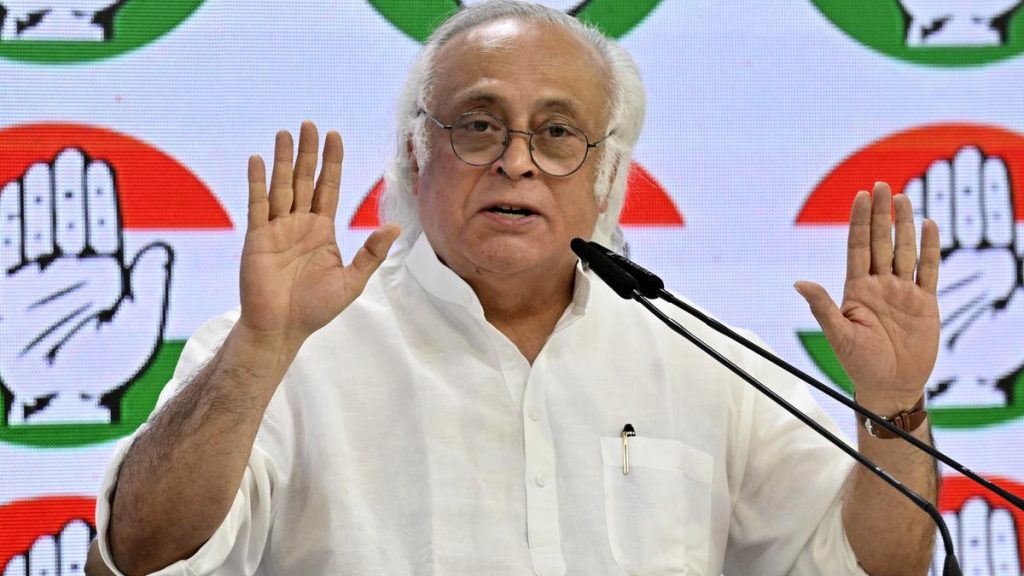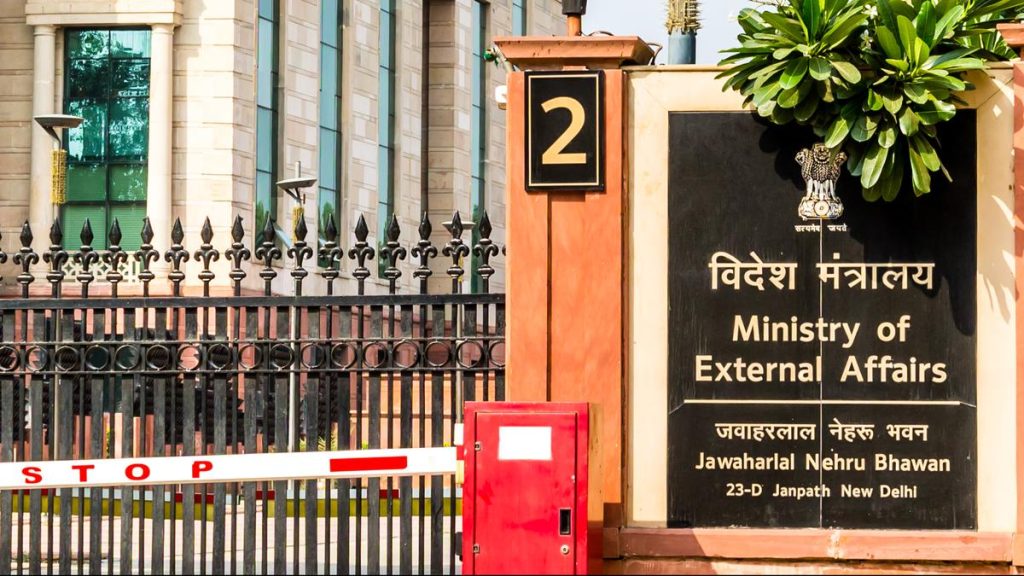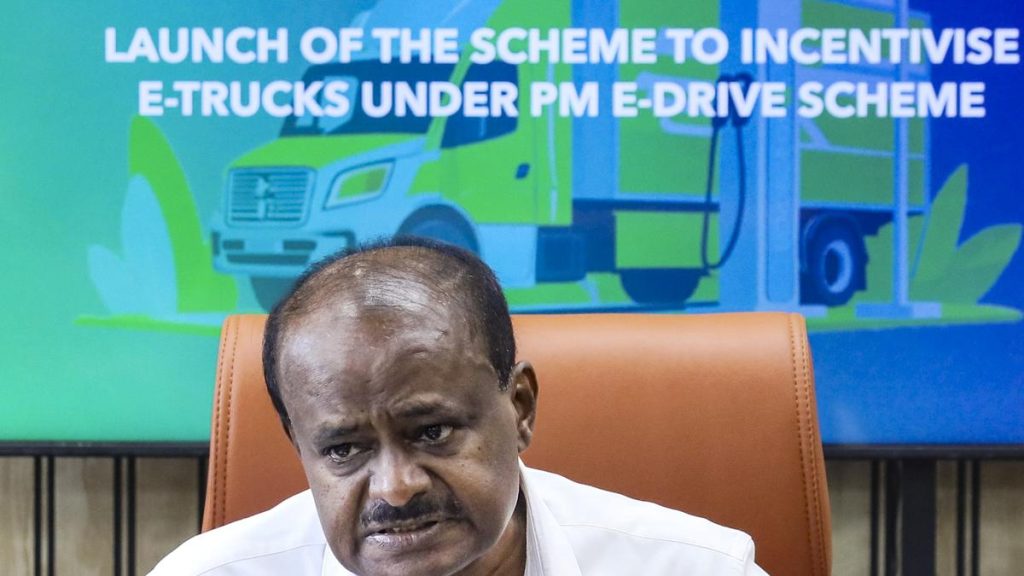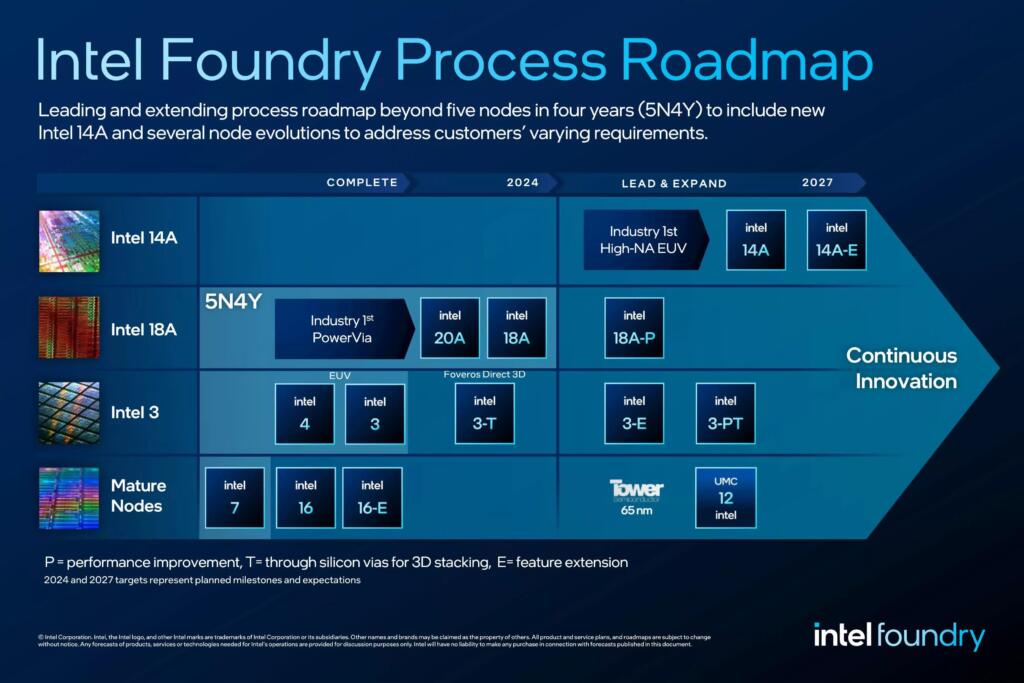Now Reading: Tesla Factories Gear Up for $25K EV Launch in 2025, $15K Model to Follow in 2026
-
01
Tesla Factories Gear Up for $25K EV Launch in 2025, $15K Model to Follow in 2026
Tesla Factories Gear Up for $25K EV Launch in 2025, $15K Model to Follow in 2026
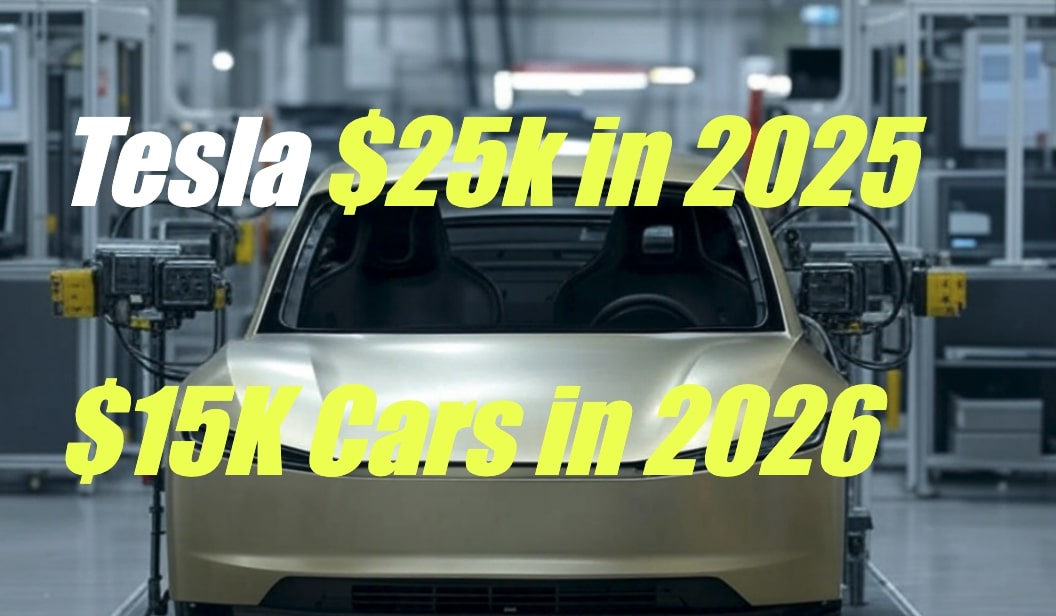
Quick Summary:
- Tesla is reimagining car manufacturing with its “unboxed process,” partially deploying it in Model 3/Y production lines ahead of full introduction with the Cybercab by 2026.
- Key innovations include:
– No More Painting: Sheet Molding Compound (SMC) bodies eliminate painting, saving time (1-1.5 hours) and costs ($2,000-$3,000).
– Parallel Assembly: Modular subassembly reduces build time by ~15-20% and labor costs ($1,000-$4,000 per car).
– Tesla Bots Automation: Humanoid robots automate repetitive tasks like welding or bolting. Time saved per vehicle: ~0.5-1 hour; labor cost reductions of $500-$1,000 despite initial deployment expenses.
- Combined impacts on Model 3/Y lines: Production time drops from ~9-10 hours to ~6-7 hours; cost reduces from ~$30K to $25K per vehicle while throughput increases by up to 30%.
- These adaptations prepare production for future affordability targets ($15K cars in years ahead) and supply chain scaling for Cybercab assembly goals (~10 million/year run rates by late decade).
Indian Opinion Analysis:
Tesla’s manufacturing overhaul has global importance due to its emphasis on affordability through process efficiency-vital lessons for India’s growing EV industry. Eliminating conventional bottlenecks like painting aligns well with India’s resource-conscious manufacturing ethos that prioritizes scalable innovations over high capital investment changes.
The introduction of humanoid Tesla Bots could offer efficiency benchmarks for automating routine tasks across Indian automobile factories-including EV assembly-and reduce dependency on manual labor without compromising quality standards.
For India’s market-driven EV landscape aiming at mass affordability (e.g., two-wheelers or compact cars), a future where EVs could be priced at $15K globally signifies potential accessibility even in cost-sensitive environments like rural regions or tier-II cities. Additionally, indirect improvements-like higher factory throughput enabled through modularity-not only reduce fixed costs but also enhance industry-wide volume economics relevant for Indian conditions.
Tesla’s readiness to scale component supply chains complements India’s push toward localizing auto part production under initiatives such as Make in India-a synergy facilitating wider domestic adoption if replicated effectively within the country.


